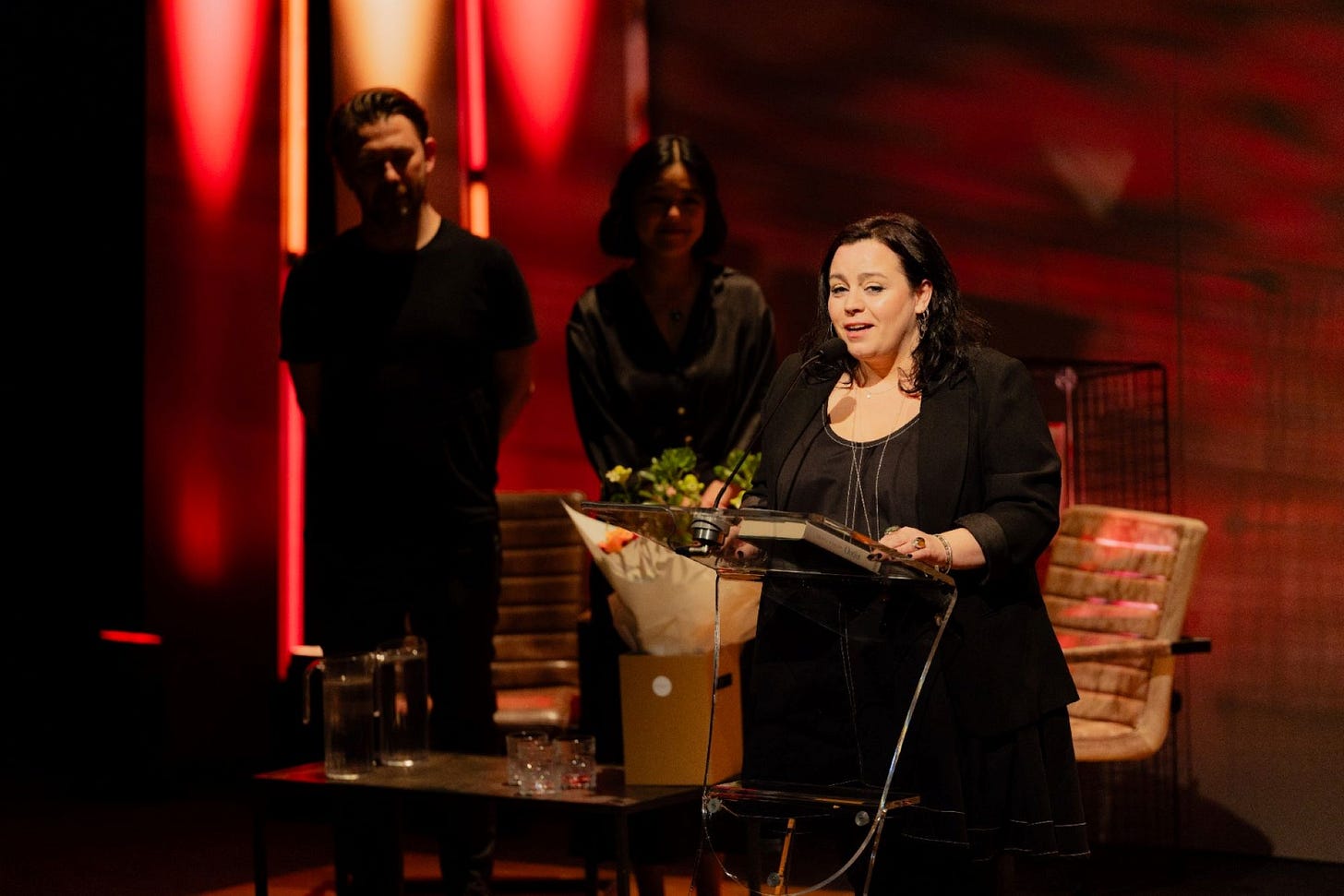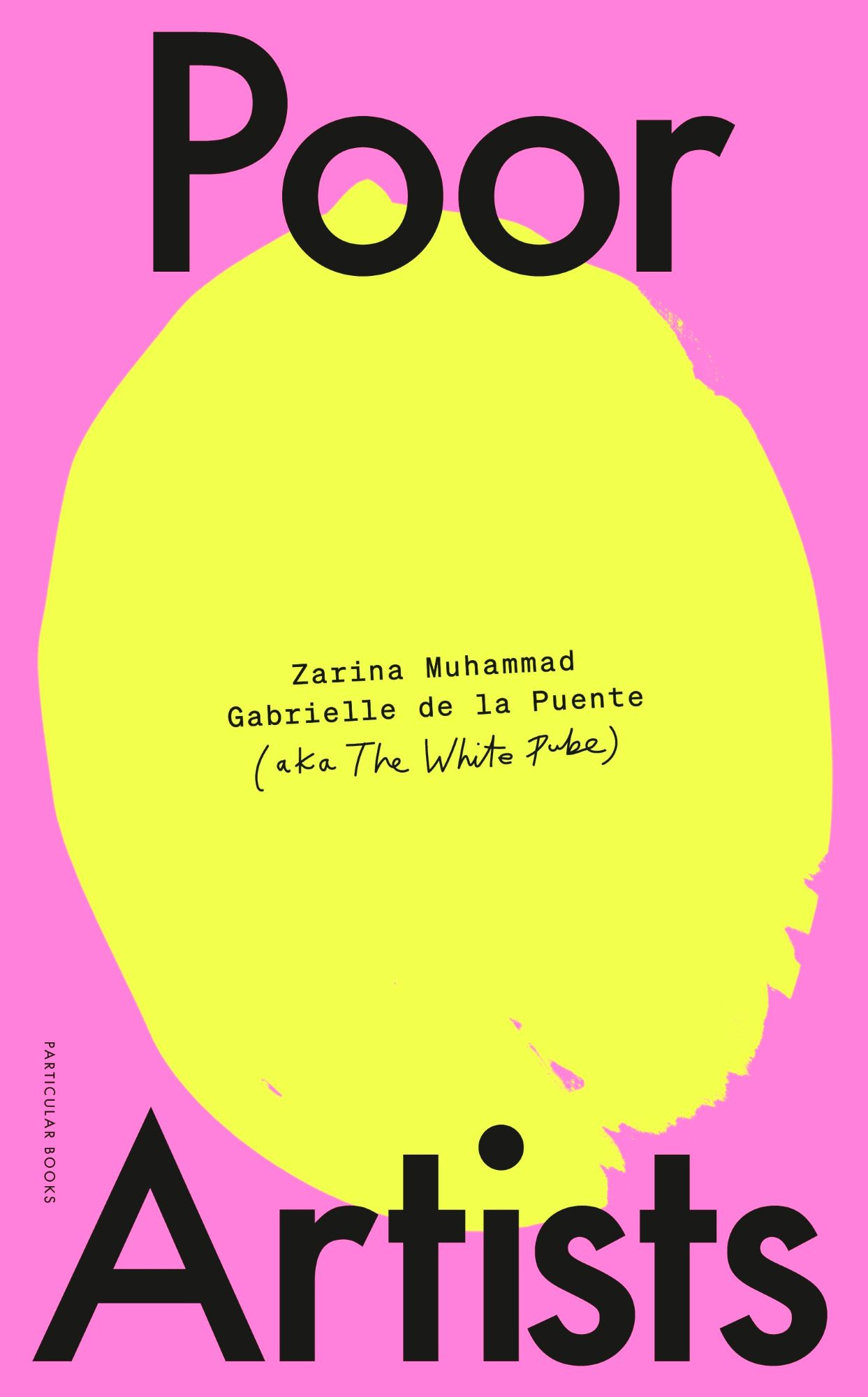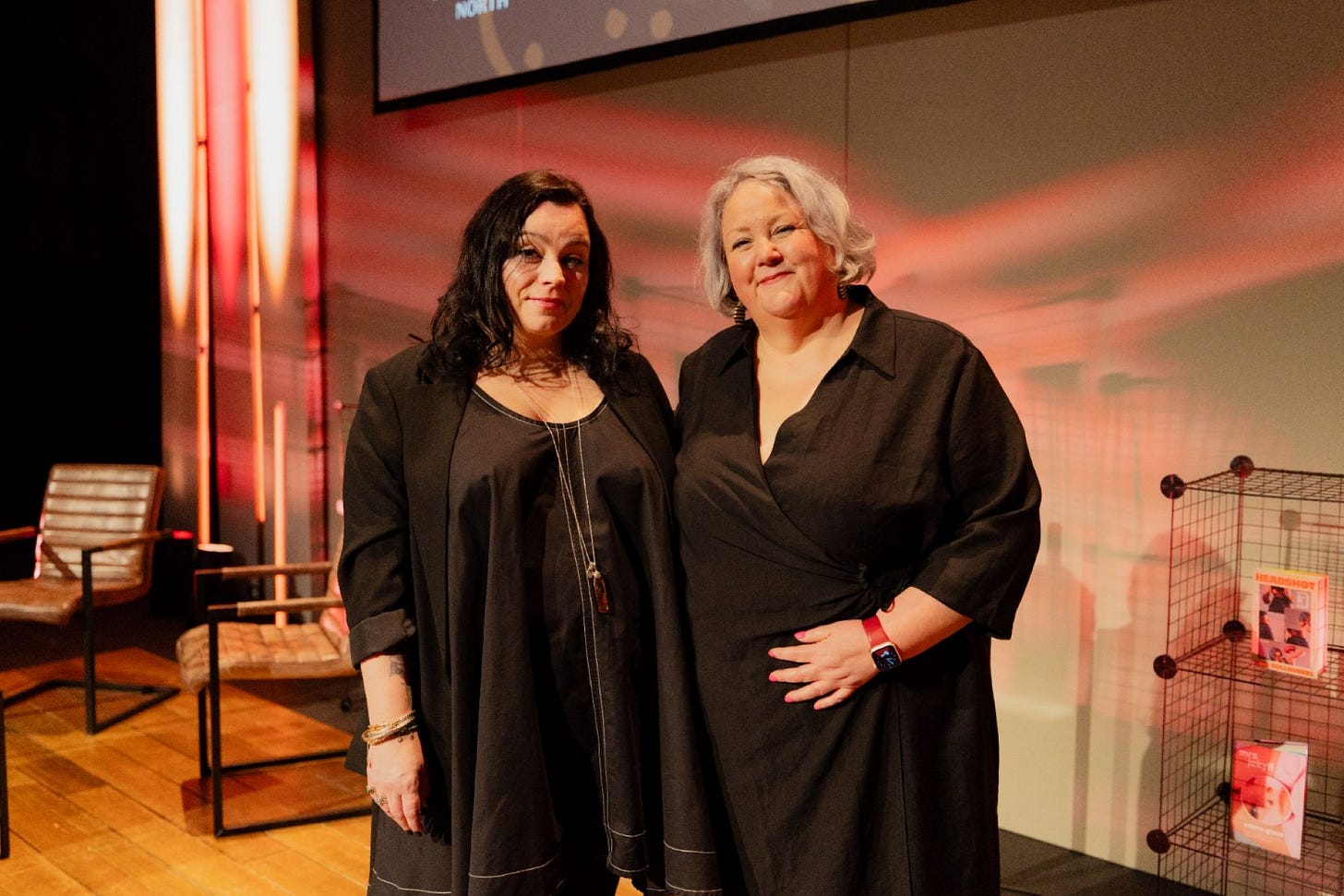Jenni Fagan’s Ootlin wins Gordon Burn Prize
How the region’s big literary night unfolded at Northern Stage
Ultimately it was Jenni Fagan who stepped up to the microphone as the winner of this year’s Gordon Burn Prize, £10,000 better off thanks to Ootlin, the book (published by Hutchinson Heinemann) that began as a suicide note and, having brought her back from the brink, became a large part of her life’s work.
It was some climax, the winning author seeming not so much to deliver as unburden herself of a speech so mesmerising even Claire Malcolm, New Writing North’s chief exec and veteran of 11 previous such speeches, seemed momentarily lost for words.
Fagan is the Scottish author of acclaimed novels and also this compelling account of growing up feeling unloved in Britain’s “broken” care system (14 different homes by the age of seven, umpteen name changes…).
“I can’t tell you what a long walk it has been to be here with you,” she said at Northern Stage.
She told of her anguish at the wars being fought in the world, her first thought always for the many more children who would now be without families.
“I feel it’s an honour to grow old,” she said. Many of her contemporaries had been denied that chance. She, however, had “always believed in magic”. She thanked, above all, “my child”.
Maternal gratitude was not something she’d experienced growing up, bundled from keeper to keeper by the state.
In Ootlin (which in Scots means ‘outsider’) she recalls turning to culture “to raise me, to teach me” and envisaging cultural icons – Nina Simone, Maya Angelou, Nick Cave, Kurt Cobain and others – as her surrogate cultural ‘mothers’ and ‘fathers’.
“This is a story about a girl who found her way to books and found in a world of words the only place I ever actually belonged,” she writes in Ootlin, a memoir she began 24 years ago as a young woman in chaotic circumstances and then picked up again during the pandemic when she fell ill with Covid.
Now here she was, the twelfth winner of the Gordon Burn Prize, founded by New Writing North, Faber & Faber and the Gordon Burn Trust to commemorate the Newcastle-born author and celebrate his particular approach to writing, blending fiction and non-fiction to explore dark and difficult subjects.
As well as the money, the prize holds the promise of a writing retreat in Burn’s old cottage in the Scottish Borders.
David Whitehouse, who as one of the judges stepped in to announce the winner in the absence of chair Terri White, who was ill, called the Gordon Burn Prize the “best and most vital book prize in Britain” because it highlighted “books that change people and change minds”.
Among all those submitted, the shortlisted six were “the books that followed us home” and any would have been a worthy winner. But Ootlin, “as poetic as it is visceral”, was “a masterpiece”.
All the books had their moment in the spotlight on a night which began with introductions from Claire and Prof Jo Robinson, interim pro-vice chancellor for the faculty of humanities and social sciences at Newcastle University, which supports the Gordon Burn Prize through its Newcastle Centre for the Literary Arts.
There was music from Liz Corney at the keyboard (songs from her album We Need New Eyes performed apologetically but effectively “without bells and whistles”).
But mostly there was a discussion led by journalist Sarah Shaffi with five writers on stage and two on screen.
The latter were Lucia Osborne-Crowley, who covered the Ghislaine Maxwell trial and spoke to victims for The Lasting Harm: Witnessing the Trial of Ghislaine Maxwell (4th Estate), and the American Rita Bullwinkel whose novel Headshot (Daunt Originals) focuses on eight young contestants in a women’s boxing tournament.
Present in the flesh were Tom Newlands, author of the novel Only Here, Only Now (Phoenix); Emma Glass, who wrote the novel Mrs Jekyll (CHEERIO); Jenni Fagan; and collaborators Gabrielle de la Puente and Zarina Muhammad who write as The White Pube and fictionalised their investigation into the art world.
In a break with tradition, the White Pube pair were highly commended for their resulting debut novel, Poor Artists (Particular Books).
There were many interesting insights into inspiration and working practice and the various circumstances that brought all these books into existence.
Emma Glass, who works as a children’s nurse for the NHS, inherited the idea of a novel drawing inspiration from Robert Louis Stevenson’s famous creation from the writer Deborah Orr who was terminally ill and unable to put it into practice.
Drawn to the idea, she then agonised about how to turn it into a novel about modern womanhood. She envied the White Pube pair their partnership because writing was so lonely. “I wish I had a collaborator,” she said. “I’m so jealous.”
Rita Bullwinkel, who spent many years competing in water polo when growing up, was driven afterwards to wonder: “Why did I do this? So much of my life was structured around this sport that no-one was watching.”
It led her to girls boxing, competing in the sort of anonymous and cheerless athletics facilities she had become so familiar with. Every fictional contestant, she said, was imbued with a facet of her personality.
Tom Newlands, a Scot trapped in London by the pandemic, had begun writing his novel out of “homesickness”. Set in 1994, it tells of a place and a girl, Cora, who has ADHD, although who knew? He had been diagnosed with it himself but no-one was back then. Symptoms were attributed to things like too much telly and fizzy drinks.
It was a book born not by magic but “just a lot of hard work, unfortunately”. It was his first novel and he had been “one of those sickening people who achieved something” during lockdown.
Lucia Osborne-Crowley spoke of queuing in the cold to get into the Maxwell trial in New York and feeling angry about the “dehumanising” way abuse survivors had been cross-examined.
An abuse survivor herself, she sought to focus on the lives of these women, documenting things that hadn’t come out in court. Her drive and determination came across like a bolt of electricity via a screen from Australia.
“Mainstream coverage focused on the perpetrators,” she said, “giving them more oxygen.”
She had wanted to remind people of the children the victims had once been and to show how their lives had been affected.
The White Pube pair jovially explained how they stumbled into novel writing through their blog investigations into an art world which hugely rewards the few and leaves many – mostly the artists – almost penniless.
“We don’t know how to write a book,” one of them laughed in answer to a question. “Don’t be silly!”
If anyone entered the theatre imagining authorship was easy, the lesson to be taken away was that it most decidedly is not. These writers all did it and any accolades they receive are well deserved.
Who, either present in person or checking in via the livestream, wouldn’t now want to read every one of the books they produced?
Last word to Claire Malcolm, speaking about the winner, Ootlin…
“Jenni’s book has haunted me since I read it, and it profoundly moved me as both a work of art and a visceral contribution to an urgent and necessary debate about our care system and whether it is fit for purpose.
“Books like this are incredibly hard to write, they can be hard to read, but they give such a great deal in helping us to understand fellow human experience.
“I thank Jenni for sharing her book with the world, an act of incredible bravery and generosity. I am proud that the Gordon Burn Prize, founded in the name of an extraordinary writer, is this year awarded to such a wonderful book and author.”








Glad I discovered this book. Honest, open, intelligent, shocking, tragic, inspiring and dreamlike. So happy that Jenni not only survived, but has flourished!